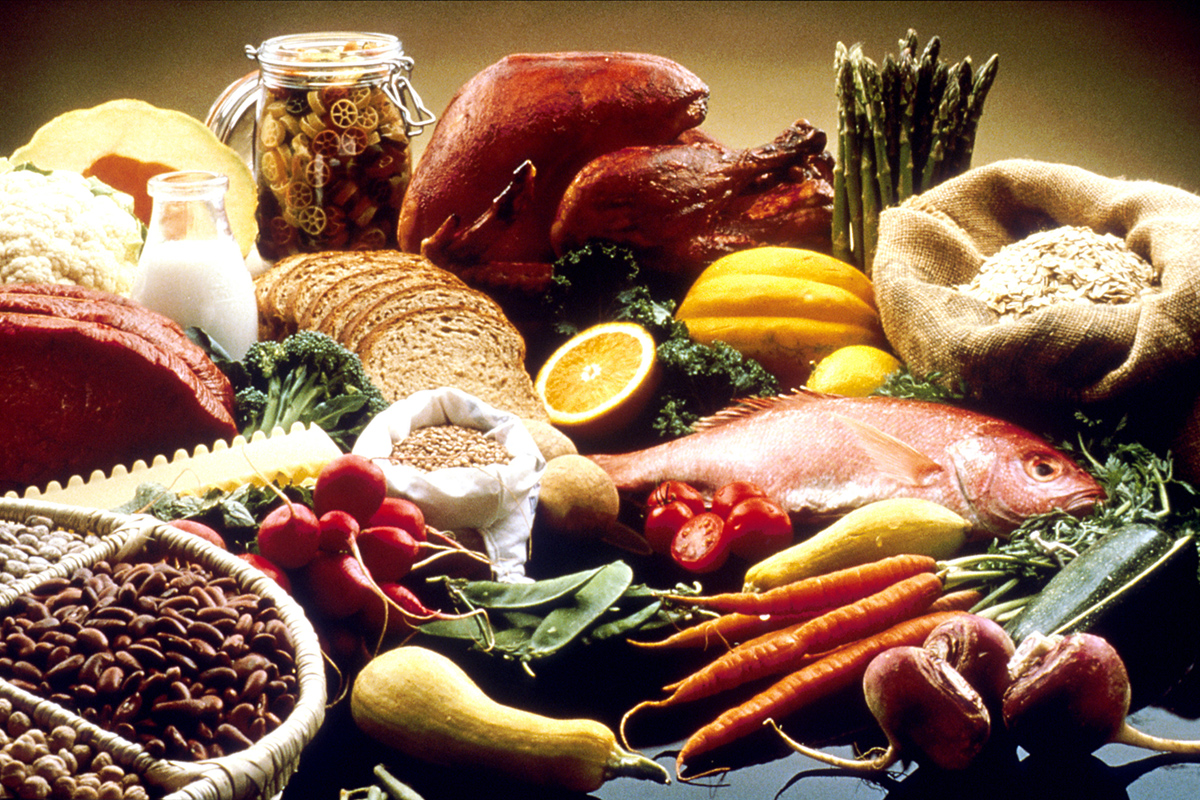
Diets and Cancer
Between 30% and 40% of cancers are directly linked to dietary factors. It is believed that diet plays more of a role in development of cancer than genes. Prolonged exposure to carcinogens may increase the risk of cancer. Carcinogens are cancer promoters that can be pollutants or substances in diet. There are 3 common types of carcinogens in foods that people encounter every day.
Acrylamide
Acrylamide is a chemical used in the treatment of drinking water and waste water, for making glue, paper, plastic, cosmetics, and food packaging. It has been proven that acrylamide causes cancer in animals. Presence of acrylamide is found in certain types of foods processed at high temperatures. Boiled food usually doesn’t contain acrylamide while fried, baked, roasted and microwaved food contains traces of this chemical. Highest levels of acrylamide are found in French fries. Other foods that commonly include acrylamide are potato chips, breakfast cereals, cookies, brewed coffee and toast bread.
Sodium NitrateSodium nitrate is a preservative that can be found in lots of processed meat. Sodium nitrate is commonly added to salami, pepperoni, ham, bacon and hot dogs. Sodium nitrate is added to preserve the color of meats. Sodium nitrate produces nitrosamines in reaction with digestive acids and chemicals. Nitrosamine is a carcinogen that may induce growth of cancer cells. Foods with this ingredient should be avoided to reduce the risk of cancer.
Trans-fatty Acids
Trans-fatty acids (TFAs) or trans fats are found in many foods. They are manufactured fats created in process of hydrogenation that convert unsaturated vegetable oil into solid state. Trans fats are found in fried foods, processed foods, crackers, cookies, cakes and margarine. These fats are used to improve flavor of foods and increase the shelf life. They are damaging to our body since they are hard to digest and may clog arteries. Trans-fatty acids increase the level of bad cholesterol (LDL) and lower the level of good cholesterol (HDL) which increases the risk of heart disease. Hydrogenated oils and partly hydrogenated oils contain trans fats. Trans fats are considered to be carcinogen since prolonged consumption of these fats may cause cancer.
Anti-cancer DietTo decrease the risk of cancer, we should eat foods that don’t contain mentioned carcinogens. The best option is to eat organic fruits, vegetables and meat. Anti-cancer diet should be predominantly based on plants. Foods rich in fibers, nutrients and antioxidants are absolutely recommended. Reduce intake of red meat. Avoid sugar, salt, processed food, junk food, cigarettes and alcohol. Include exercise in your daily schedule.


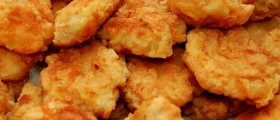
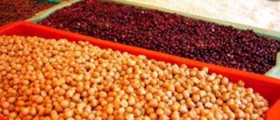
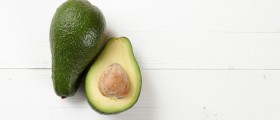
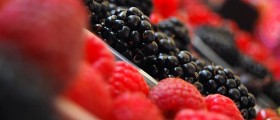


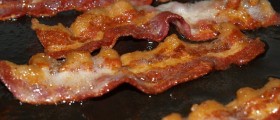
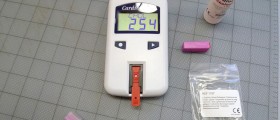
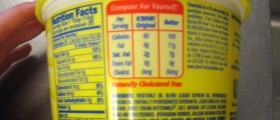
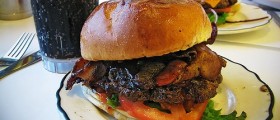

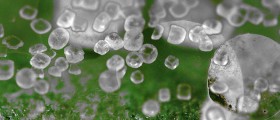
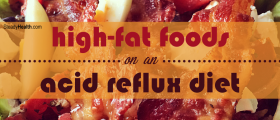
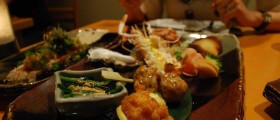
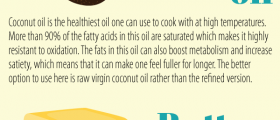
Your thoughts on this
Loading...